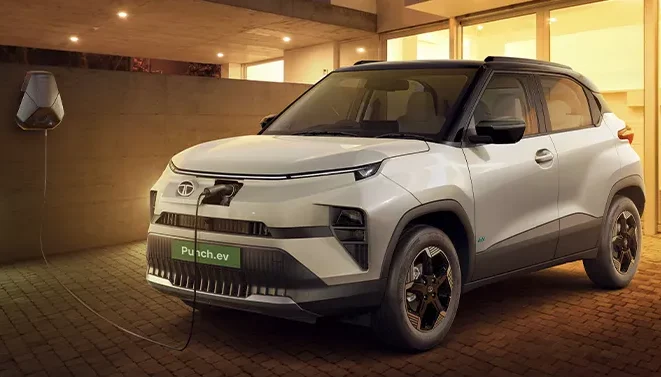
Why You Should wait to Buy Your First Electric Car
Why You Should wait to Buy Your First Electric Car in India : Purchasing your first electric vehicle (EV) in India is an exciting prospect, but holding off for a while might be a smarter decision. With the market evolving quickly, waiting can give you access to better technology, enhanced infrastructure, and improved value. Here’s why patience could pay off:
1. Advancements in EV Technology which can be decisive while answering the question of Why You Should wait to Buy Your First Electric Car in India.
- Improved Batteries: The technology behind EV batteries is constantly advancing, leading to greater driving ranges, quicker charging times, and increased durability. Future models are likely to be equipped with more efficient and cost-effective batteries.
- Enhanced Features: Upcoming electric vehicles may come with superior performance capabilities, including better acceleration, cutting-edge safety measures, and more advanced driver-assistance features.
2. Reduced Costs in the Near Future which can also be decisive while answering the question of Why You Should wait to Buy Your First Electric Car in India.
- Declining Battery Costs: Since batteries make up a significant portion of an EV’s price, their steadily dropping costs could lead to more affordable vehicles in the coming years.
- Incentives and Benefits: Governments continue to introduce new subsidies, tax reductions, and other incentives. Waiting could allow you to take advantage of even better financial perks.
3. Expanding Charging Infrastructure which can also answer the question of why you should consider waiting to buy your first Electric car in India.
- More Charging Stations: While India’s charging network is growing, it is still in its infancy. Waiting could give you access to a broader, more reliable network of public charging stations.
- Faster Charging: Future innovations are expected to bring quicker charging solutions, reducing the time spent waiting to recharge your vehicle.
4. Increased Variety of Models
- Broader Options: Automakers are gearing up to launch a wide range of electric cars in India, from affordable compact cars to premium SUVs. Waiting could give you more choices tailored to your preferences and budget.
- Global Brands: Leading global manufacturers, including Tesla and others, are preparing to enter the Indian market, providing high-quality vehicles with advanced features.
5. Better Support Ecosystem
- Servicing Improvements: The availability of service centers and skilled technicians for EVs is currently limited. As the industry matures, better support systems will emerge.
- Spare Parts Accessibility: Waiting ensures a more robust supply chain for components, making maintenance easier.
6. Clearer Policies and Regulations
- Favorable Policies: State and central governments are continually revising EV policies to make them more appealing, offering tax cuts, free parking, and other benefits.
- Standardization: Efforts are being made to establish uniform charging standards and policies for battery swapping, which will enhance convenience for EV users.
7. Sustainability and Energy Goals
- Environmentally Friendly Options: Future EVs are expected to incorporate sustainable manufacturing practices and recyclable battery components, making them more eco-conscious.
- Cleaner Energy Sources: As India shifts towards renewable energy for electricity generation, charging EVs will have a smaller carbon footprint over time.
8. Avoiding Early Adoption Challenges
- High Initial Costs: Many current EVs are priced higher than traditional internal combustion engine (ICE) vehicles. Waiting could mean more affordable options.
- Limited Range: Presently available EVs may not offer sufficient range for everyone’s needs. Upcoming models are likely to feature improved battery capacities.
- Depreciation Risks: Early adopters may face higher depreciation rates as newer models with superior technology hit the market.
9. Exciting Future Innovations
- Battery Swapping: Several companies are working on battery-swapping networks, which can eliminate range anxiety by allowing users to quickly exchange depleted batteries for fully charged ones.
- Autonomous Features: As technology evolves, electric vehicles may include semi-autonomous or fully autonomous driving capabilities.
10. Integration with Renewable Energy
- Solar Charging: Future EVs may support solar-powered charging solutions, reducing reliance on the electrical grid and lowering operational costs.
Conclusion
While EVs are an exciting step toward sustainable transportation, waiting for technological advancements, better infrastructure, and more affordable options could significantly enhance your experience. If you’re not in immediate need of a vehicle, observing market developments for a year or two might help you make a smarter, more cost-effective decision.



